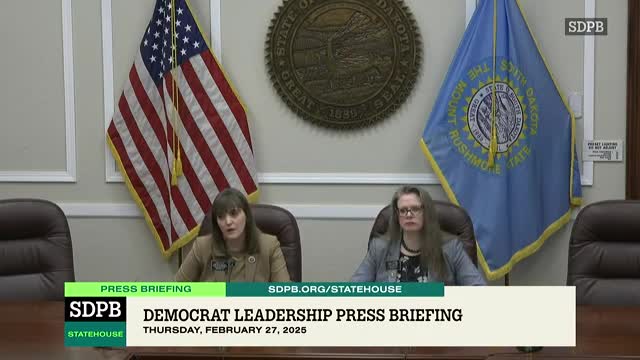Article not found
This article is no longer available. But don't worry—we've gathered other articles that discuss the same topic.
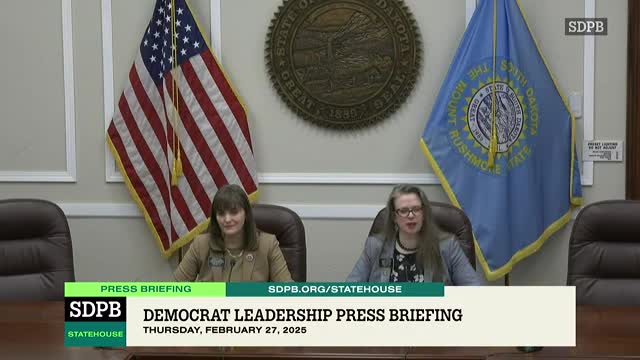
House bill would require labeling of AI deepfakes in elections, sponsor says
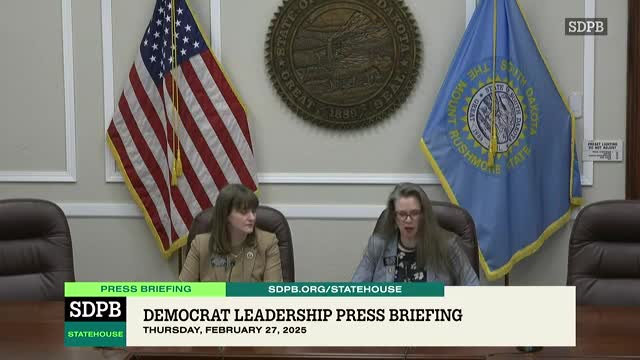
Lawmakers hail first-in-state PFAS labeling for firefighting gear in SB 164
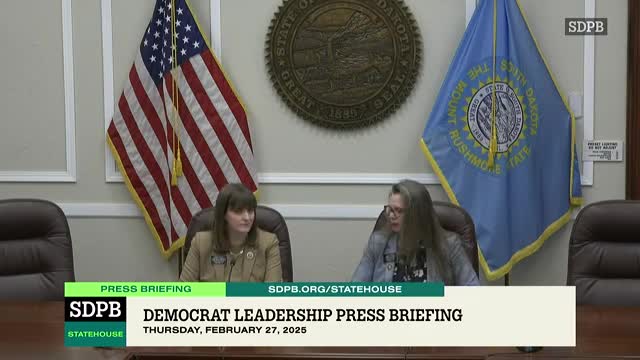
Lawmakers push rehabilitation, criminal-justice changes: name change, decriminalization and kit funding advance
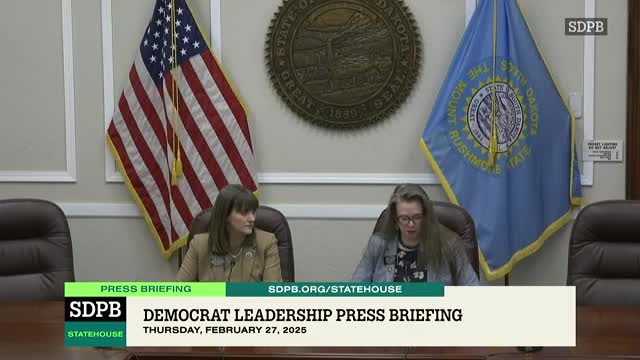
Democrats warn HJR 501 could be first step toward curbing Medicaid expansion
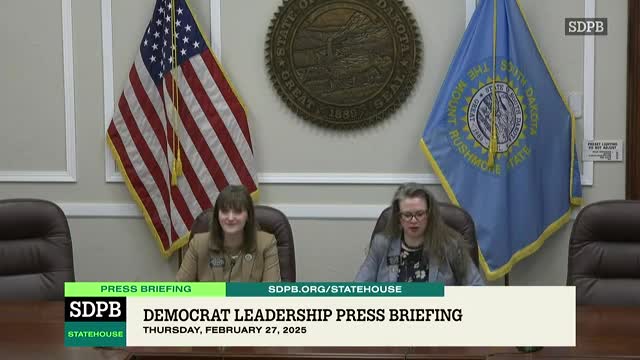
Lawmakers debate competing property-tax proposals, back governor—s relief plan
